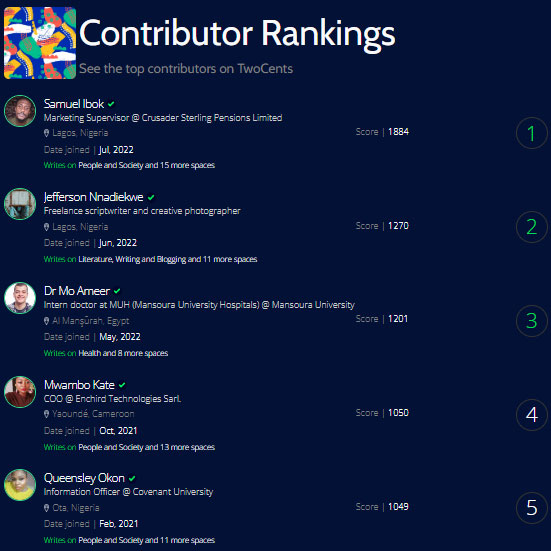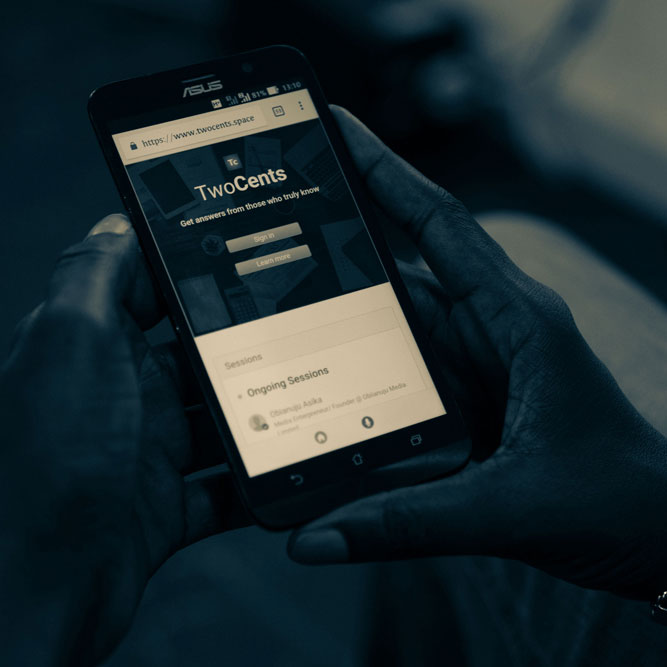Hello Prof, read the interview sections and it was intensely enlightening.
I’m a ogeyi Onah 2 year student of Law at the university of calabar I'd like to know how much influence the youths have in peace building in Africa and how the government can activate the involvement of the youth in government
African youth start from a difficult position in belonging to culture that venerate age, i.e. patrimonialism. African women are also in a similar quandary because of patriarchy: the man is the head of the household. So, while both the youth and the women are majority population categories in relation to the respective groups standing against them, they cannot muster the numbers to exploit their respective potential.
On peace building, the way to go about identifying the role of the youth is to ask what the causes are of the lack of peace. Who/what is creating unrest and war, and why? The AU had committed to silencing the guns by 2020; so the question to ask is: what was driving the guns? What had been strategised for their silencing? What was actually done to silence them? And what was achieved? That would be a suitable stating point for an assessment of the youth's potential...
But unfortunately, the youth have likely lost an idealism for change, and are captive of standards set by the older generation. The East African Institute's 2016 Kenyan Youth Survey Report found that more than half the respondents saw nothing wrong with evading taxes or taking bribes, as long as one is not caught. Making money "by hook or crook" was acceptable to 47%, and 40% would vote for a politician who paid for their vote!
While that is not the standard picture of the African youth, it screams that we should not treat the African youth like some undifferentiated whole: after all, even fueling conflict is a money-making enterprise the youth might just want a stake in!!!



 Calabar
Calabar






































Comments